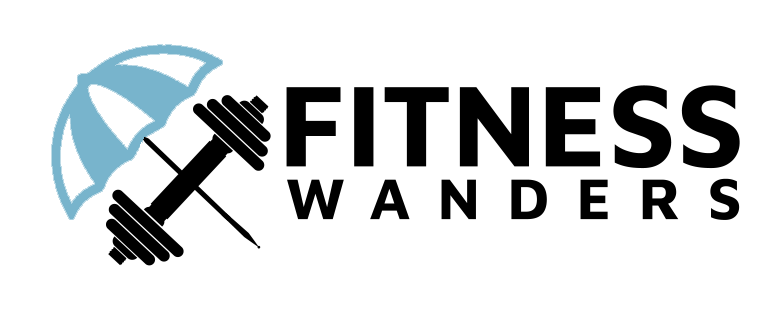
Protein supplements are animal and plant-based extracts that are commonly available in powder form. Once ingested, protein is broken down into the building blocks of muscle tissue called amino acids. These nutrients support a number of fitness goals, including muscle building, weight management, and performance recovery. Let’s review protein types, importance of bioavailability, and how to use protein supplements for your fitness goals.
Bioavailability is how efficiently your body can break down and use nutrients. Each protein type will score differently on the bioavailability (BA) scale, which rates a protein from 0 to 100. The higher the number, the faster and more effectively the body can absorb and use the protein. However, as you’ll see, it is possible to score higher than 100, and scoring low isn’t necessarily a bad thing.
Types of Protein
There are several types of protein supplements that vary in origin, rate of digestion, and effectiveness.
Whey Protein
Cow’s milk is 40% whey protein. There are three types of whey that are determined by how much it is filtered:
- Concentrate: Whey concentrate is the least filtered and most cost-effective option. It contains 80% protein, and the other 20% is made up of water, carbohydrates, and fat. It has a bioavailability score of 104 out of 100.
- Isolate: More filtered than concentrate, whey isolate contains over 90% protein. It’s fast to digest, and depending on the brand, has a bioavailability score between 104 and 125.
- Hydrolysate: Considered the highest quality form of whey, hydrolysate contains over 99% protein and has a bioavailability score of 125 to 159.
Casein Protein
The other 60% of cow’s milk is casein. It is a slow-digesting protein with a BA score of 77. Taking five to eight hours to break down, casein protein provides an extended release of amino acids.
Egg Protein
This egg white extract protein is high in amino acids and has bioavailability score of 100. It’s an excellent alternative for those who are lactose intolerant.
Beef Protein
Beef protein is sourced from cow parts such as bone, hide, and skin, but not meat. Essential amino acids, isoleucine, leucine, and valine, are low in beef protein compared to whey. With a BA score of 80, beef isolate has become popular for those who are lactose intolerant.
Plant-Based
Plant protein is a combination of several extracts such as brown rice, pea, cranberry, and pumpkin seed. It has been proven to be just as effective as animal-based protein; however, a combination of several plant sources is required to form a complete protein.
Fitness Goals and Protein
Daily protein consumption will depend on your fitness goals. Healthy whole foods such as chicken, tuna, and Greek yogurt should be your primary focus for protein. In addition, using protein supplements can offer a greater quantity of protein and amino acids per serving at a faster rate of digestion.
Muscle Building
All proteins listed above have been shown to support muscle building. Whey concentrate, egg, beef, or plant-based proteins should be taken pre-workout. Whey isolate and whey hydrolysate are best taken immediately following a workout. Casein is an excellent option an hour before bed to significantly increase anabolism.
For muscle mass, the general recommendation is at least one gram and as much as two grams of protein per pound of body weight. For example: your weight is 150 pounds. You should be consuming at least 150 grams of protein each day.
Fat Loss
Whey isolate, whey hydrolysate, egg, and plant-based proteins are excellent low-calorie options that avoid added fats and carbohydrates. Use these proteins as a meal replacement or complement. For example, replace your mid-morning snack with a casein protein shake or have a whey protein shake with your lunch.
To lose weight, you want to focus on burning more calories than you consume each day. Protein is a great way to assist with weight loss as it is satiating, suppresses the appetite, and supports your metabolism. Aim for 0.7 to 1 gram of protein per pound of body weight.
Performance and Recovery
To promote performance and recovery, take concentrate, casein, beef, egg, or plant protein pre-workout. After your workout, use whey isolate or whey hydrolysate. An hour before bed, use a second serving of whey isolate or whey hydrolysate.
To boost recovery and performance, you should consume around one gram of protein per pound of body weight.
General Fitness
If you want to maintain your current weight and muscle, all of the proteins listed above can help. Use one serving of any of the protein supplements above as a meal replacement or meal complement. After a workout, continue to supplement with whey isolate or whey hydrolysate.
Preserving your current weight and level of muscle mass requires between 0.5 to 1 gram of protein per pound of body weight. The more muscle you have, the more you may need.
Which Protein Supplement Will Support Your Fitness Goals?
Do you want to build muscle or lose weight? Which protein will you try to help you achieve your goals? Still have questions about protein supplements? Let me know in the comments below.
